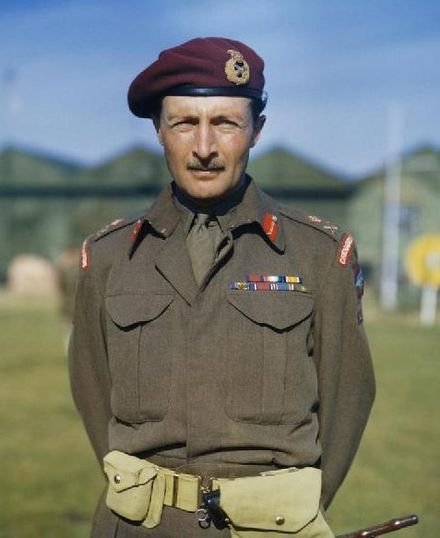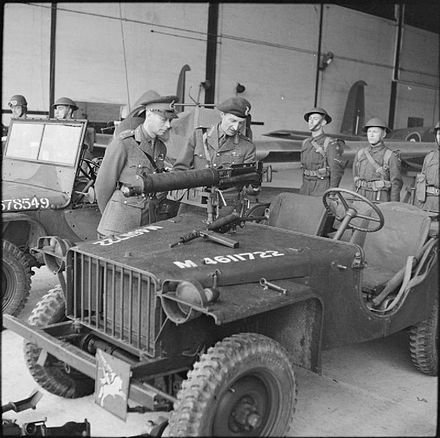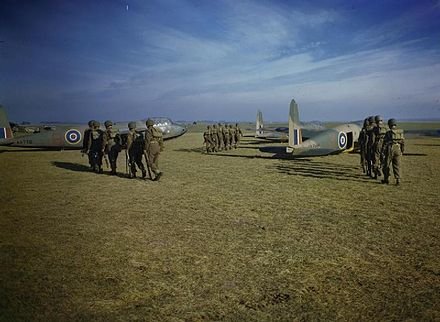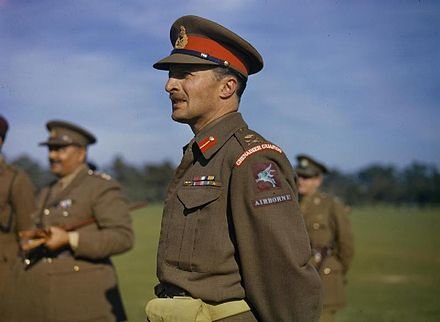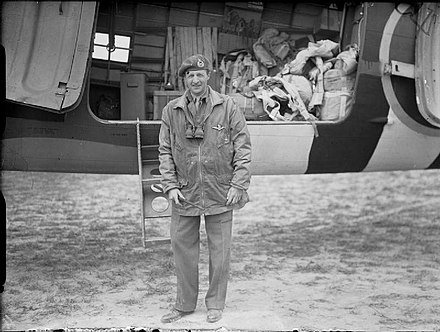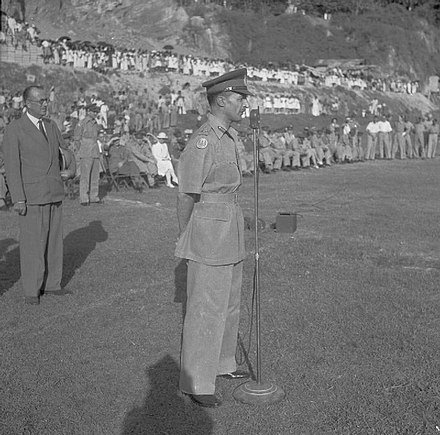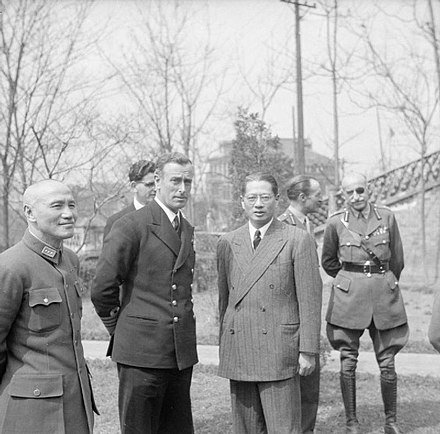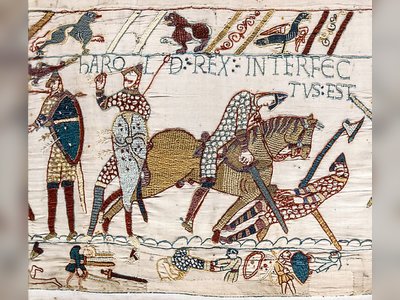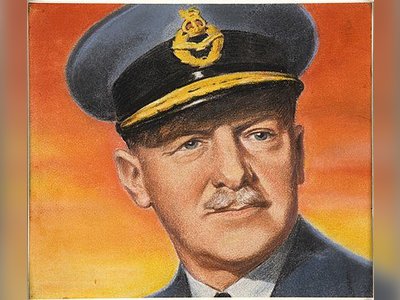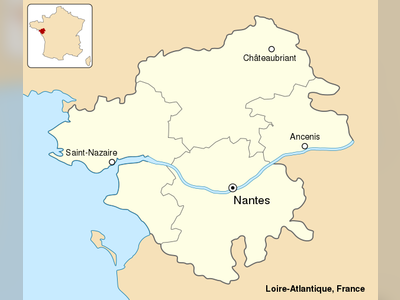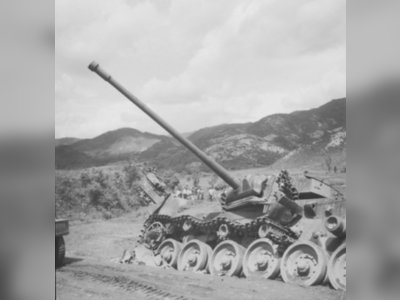British Heritage
Remember, Cherish, Learn.
beta
Frederick Browning
The Father of British Airborne Forces.
Contribution to British Heritage
Lieutenant-General Sir Frederick Arthur Montague "Boy" Browning is renowned for his significant contributions to the British military and his instrumental role in the development of the British airborne forces during the Second World War. As the "father of the British airborne forces," Browning's visionary leadership and innovative tactics laid the foundation for the highly skilled and effective airborne units that continue to play a vital role in British military operations to this day.
Born on December 20, 1896, in Kensington, London, Browning received an excellent education at Eton College and the Royal Military College, Sandhurst. He was commissioned as a second lieutenant into the Grenadier Guards in 1915, and during the First World War, he displayed conspicuous gallantry during the Battle of Cambrai in November 1917, earning him the Distinguished Service Order. After the war, he pursued a diverse range of interests, from participating in the 1928 Winter Olympics as a bobsleigh competitor to becoming an accomplished sailor.
Early Military Career and the Birth of British Airborne Forces
Frederick Browning's military career took a significant turn during the Second World War when he assumed command of the 1st Airborne Division. Under his leadership, the division underwent intense training and expansion, leading to its transformation into a formidable airborne fighting force. Browning's expertise and determination helped the British Army overcome bureaucratic challenges and secure sufficient aircraft for airborne operations.
Browning's leadership in creating the 1st Airborne Division and later the I Airborne Corps within the First Allied Airborne Army showcased his ability to navigate obstacles and build highly skilled and disciplined units capable of carrying out complex airborne missions.
Operation Market Garden and "A Bridge Too Far"
One of the most defining moments in Browning's career came during Operation Market Garden in September 1944. As the commander of I Airborne Corps and the deputy commander of the First Allied Airborne Army, he played a critical role in this ambitious plan to secure several key bridges in the Netherlands. However, during the planning stages, Browning famously voiced concerns, allegedly saying, "I think we might be going a bridge too far."
Operation Market Garden involved a massive airborne assault, and Browning's corps was tasked with capturing the bridge at Arnhem. Despite his reservations, Browning led his troops with determination and valor. Although the operation ultimately did not achieve its ambitious objectives, Browning's unwavering commitment to the success of the airborne forces demonstrated his dedication to the British military's advancement.
Later Life and Contributions to the Royal Household
Following his distinguished military career, Browning served as Comptroller and Treasurer to Her Royal Highness Princess Elizabeth, Duchess of Edinburgh (later Queen Elizabeth II). He became a trusted member of the Royal Household, managing various responsibilities and supporting the Duchess in her public engagements. After the untimely death of King George VI in 1952, Princess Elizabeth ascended to the throne, becoming Queen Elizabeth II, and Browning continued to serve the Royal Family in his position.
In his later years, Browning was involved in various sporting and cultural pursuits, including the 1948 Summer Olympics and the administration of the Duke of Edinburgh's Award. He also actively supported the preservation of the historic Cutty Sark ship.
Unfortunately, Browning's later life was marred by personal struggles, including chronic alcoholism, which led to a severe nervous breakdown in 1957. He eventually retired from his position at the Royal Household in 1959 and sought solace at Menabilly, the mansion that inspired his wife's novel "Rebecca." Despite his personal challenges, Browning's legacy as a military strategist and the pioneer of British airborne forces remained intact.
Conclusion
Lieutenant-General Sir Frederick Browning's enduring legacy lies in his crucial role in the creation and development of the British airborne forces during the Second World War. His visionary leadership, determination, and innovative tactics shaped highly skilled and effective airborne units that played a significant role in subsequent military operations. Despite personal struggles in later life, Browning's contributions to British heritage continue to be recognized and celebrated, and his impact on the British military remains indelible.
- Frederick Browningen.wikipedia.org
